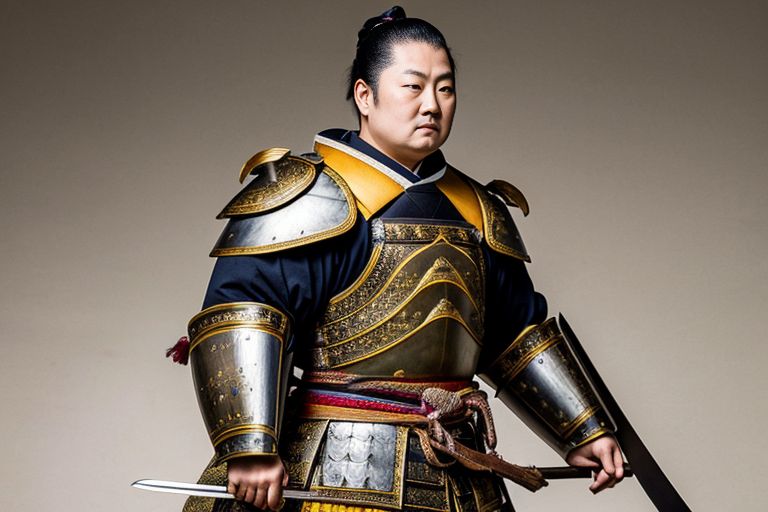The Shogun's Legacy: Tokugawa Ieyasu
- Japanese Kanji: 德川 家康
- Japanese Kana: とくがわ いえやす
- Hepburn romanization: Tokugawa Ieyasu

Tokugawa Ieyasu, born Matsudaira Takechiyo, was a pivotal figure in Japanese history, recognized as the founder and first shogun of the Tokugawa shogunate. His era commenced in 1603, heralding a period of peace and stability that lasted over 250 years until the Meiji Restoration in 1868. This article delves into his early life, rise to power, significant battles, and enduring legacy.
Early Life and Rise to Power
Ieyasu's early life was marked by turmoil and strategic alliances. Born in 1543 in Okazaki Castle, he was initially a minor daimyo in a precarious position, surrounded by powerful neighbors. His strategic acumen became apparent early on when he survived being a hostage and later an abduction, leveraging these experiences to forge and break alliances that increased his power.
Strategic Alliances and Conflicts
Throughout his career, Ieyasu was known for his strategic mind and ability to switch alliances to benefit his position. After the death of Oda Nobunaga, his lord and mentor, Ieyasu briefly rivaled Toyotomi Hideyoshi before allying with him. This alliance allowed him to relocate to the Kanto region, significantly expanding his influence.
The Battle of Sekigahara
The pivotal moment of Ieyasu's ascent was the Battle of Sekigahara in 1600, a decisive conflict that left him in control of Japan. This victory was characterized by Ieyasu's typical blend of direct confrontation and strategic backstage negotiations, which swayed key figures to his side and dismantled the Western bloc opposing him.
Establishing the Tokugawa Shogunate
As shogun, Ieyasu established a bureaucratic system that ensured peace and order. His policies were instrumental in isolating Japan from foreign influences while promoting internal trade and agriculture, which led to economic stability. The bakuhan system he implemented kept the daimyo in check, preventing any single figure from rising to challenge his authority.
Cultural and Political Legacy
Ieyasu’s legacy is profound. He not only established a system that brought about economic prosperity and social stability but also left a cultural impact through the promotion of arts and education. His rule set the foundations for the Edo period, a time of cultural richness and economic growth.
Conclusion
Tokugawa Ieyasu's strategies and policies crafted a Japan that could grow internally without the perpetual threat of war. His ability to balance power, manage people, and innovate administratively left a legacy that would define Japanese history for centuries. His reign, marked by the significant Battle of Sekigahara and the establishment of the Tokugawa shogunate, exemplifies the effectiveness of strategic planning and political acumen.